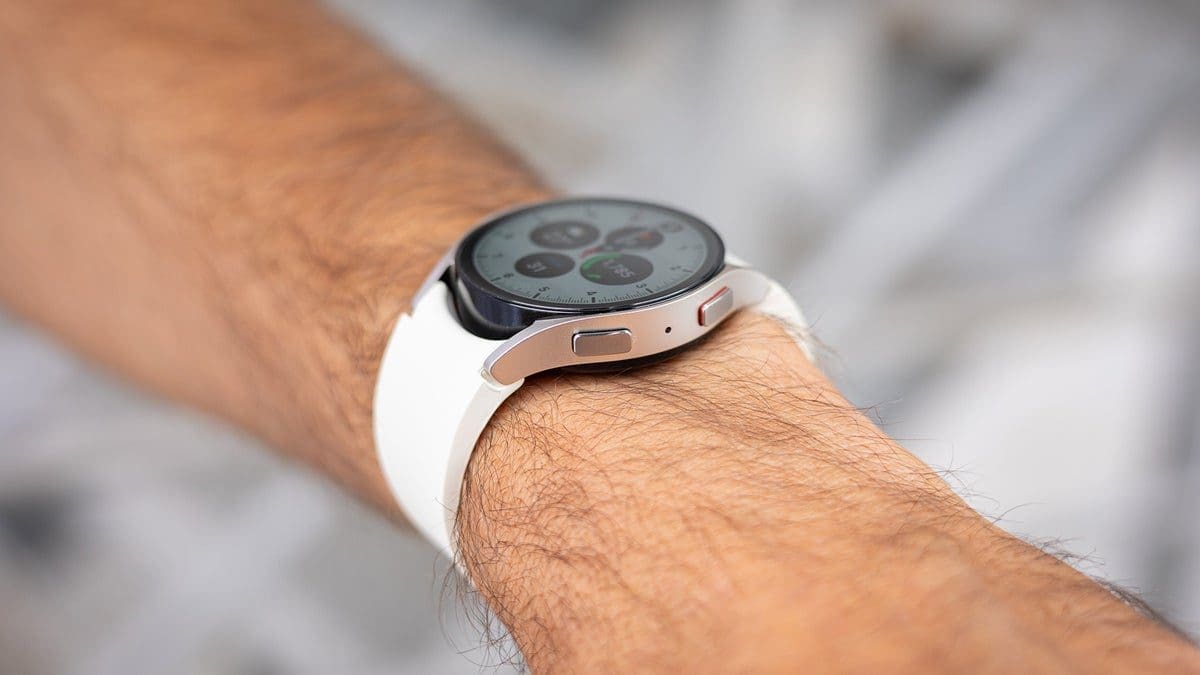In today’s digital age, privacy concerns are at the forefront of many people’s minds. With personal data constantly being shared and used, it’s natural to wonder who has access to it and for what purposes. Recently, Apple released an ad targeting Android users, claiming that its Safari browser is safer than those on Android phones. But is this claim accurate, and why did Apple choose to release this ad now?
Apple’s primary market is in North America, particularly the US, where Safari holds a significant market share as the most popular mobile internet browser. With pressure from the European Union to open up its ecosystem to competitors, Apple faces challenges in maintaining its dominance in Europe.
The recent Digital Markets Act requires Apple to allow third-party browsers as default options on iPhones in the EU. This change has led to a surge in users for alternative browsers like Aloha Browser, DuckDuckGo, Brave, Firefox, Vivaldi, Ecosia, and Opera.
Apple’s strategic move with the ad targeting Android users aims to keep iPhone users loyal to Safari by emphasizing privacy and security features. While Safari offers robust privacy measures such as Intelligent Tracking Prevention (ITP), sandboxing, limited data collection by Apple, and a Privacy Report feature, no platform is entirely secure.
Both iOS and Android provide various privacy controls for users. iOS users may rely on Apple’s judgment regarding tracking preferences through ITP, while Android offers options to restrict ad tracking through settings like Google Ads.
As an iPhone user myself who uses Safari daily, I appreciate the security features it provides. However, concerns about apps collecting data persist despite these protections. The ongoing debate surrounding user privacy highlights the need for stricter regulations on tech companies to ensure consumer protection.
Ultimately, navigating privacy concerns in today’s digital landscape requires a balance between enjoying technological advancements and safeguarding personal information. As we await further developments in regulatory measures, staying informed and mindful of our digital footprint remains crucial for all smartphone users.










